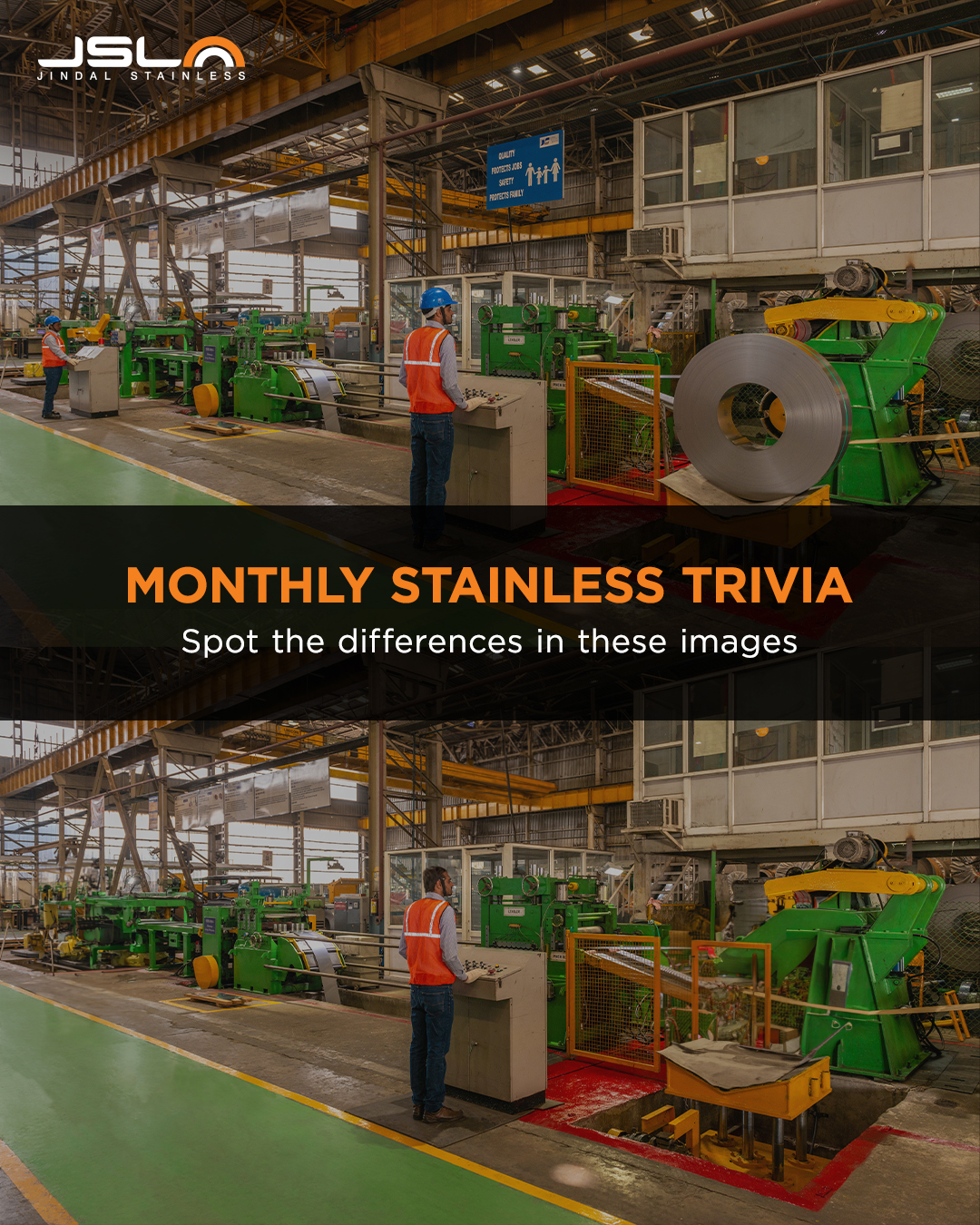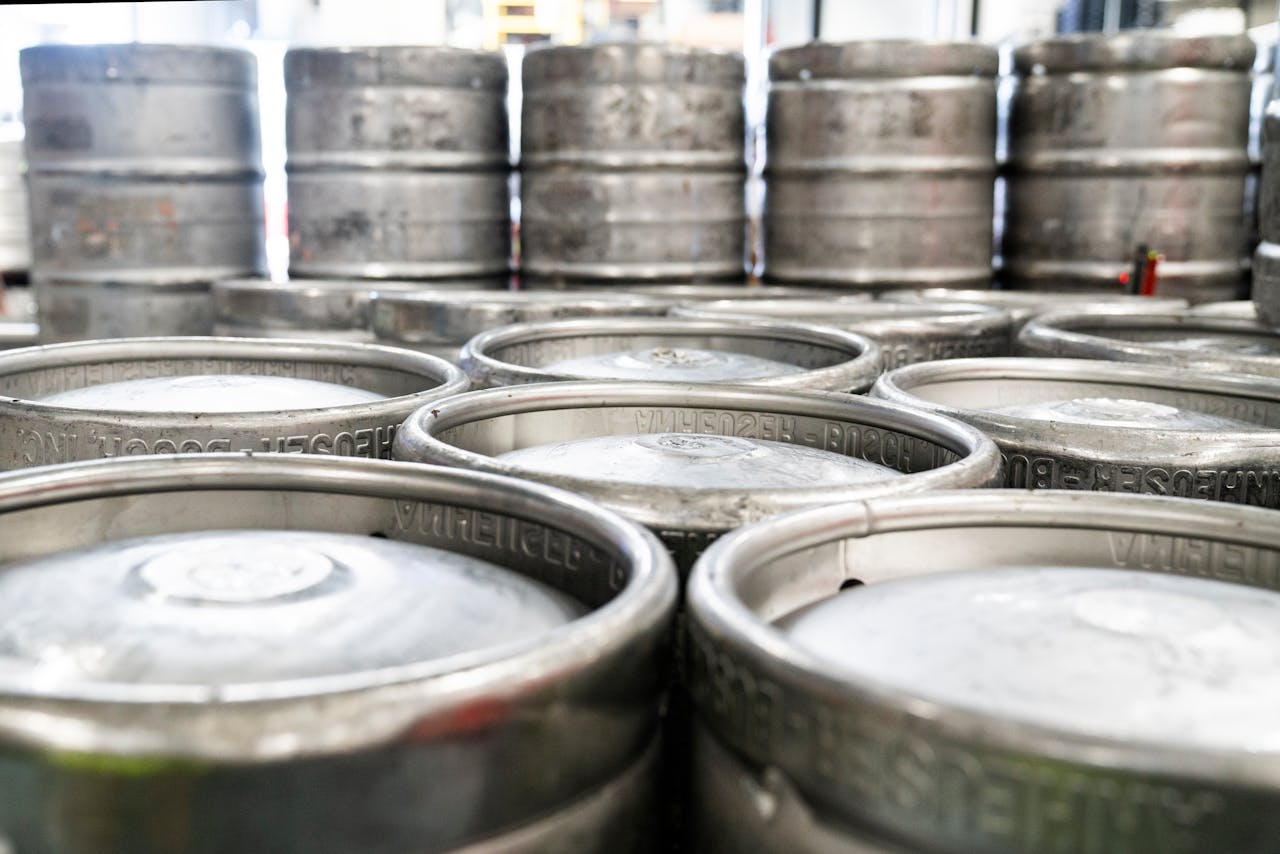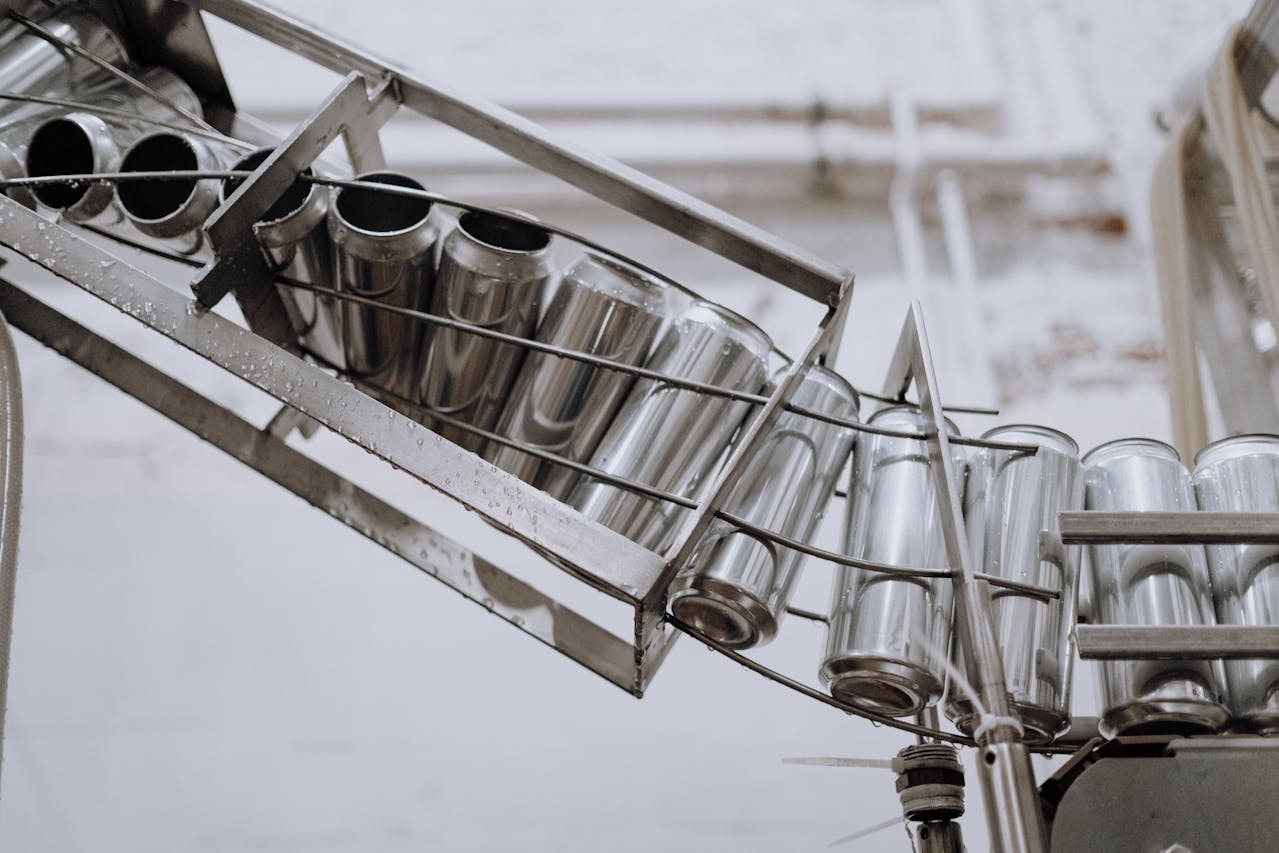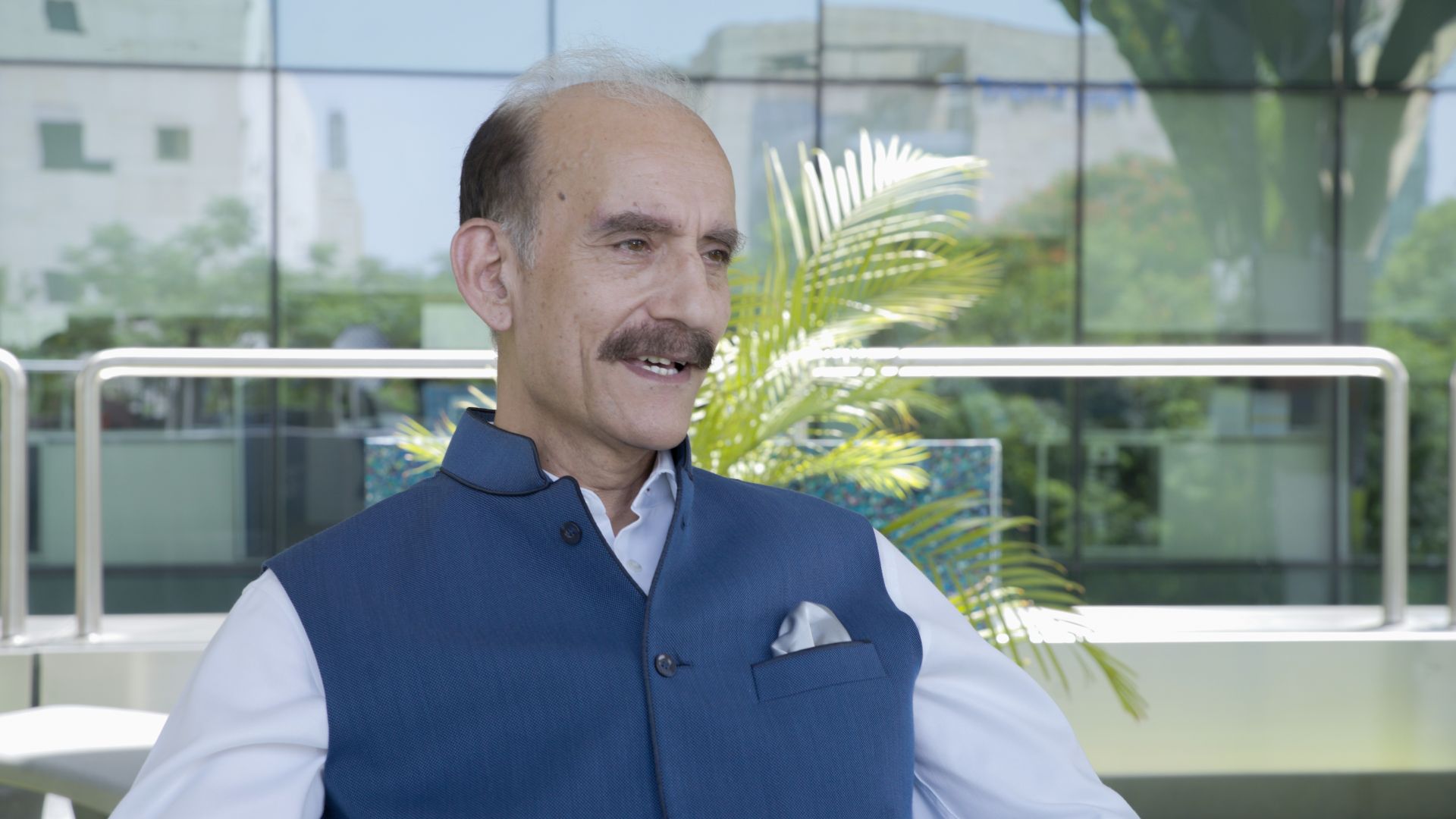Mr Hardeep Singh Banga
May 26, 2024
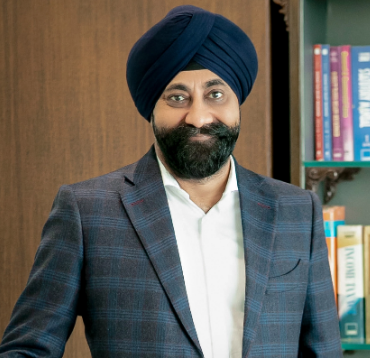
Managing Director, Victora Group
1. Please tell us about your company.
As a company founded by my father in 1972, we have been deeply involved in the automotive industry from the very beginning. I joined the company in 1982, and since then, we have grown exponentially. Initially, we focused on tractors and then expanded to two-wheelers, partnering with brands like Yamaha, Hero, and Maruti. Over the past 52 years, we have built a robust portfolio, supplying components to major global automotive giants such as Audi, Mercedes, and BMW to name a few.
Until 2002, our operations were primarily domestic. However, that year marked a significant milestone as we ventured into the export market, beginning with European companies like Tenneco, an exhaust manufacturer. This move also marked our increased use of stainless steel. Prior to this, our stainless steel usage was minimal, limited to producing elevator components for Schindler, including doors and cabins.
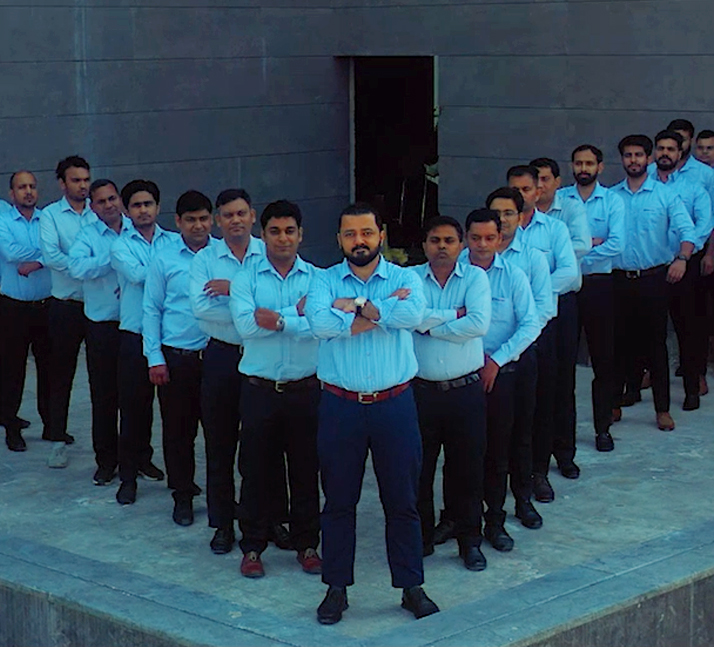
Today, our presence extends beyond Europe to the United States, where we have established a manufacturing plant, and we are also expanding into Mexico. In the National Capital Region (NCR) alone, we consume around 5000 tonnes of stainless steel monthly, split equally between sheet metal and rods. Our focus on exports has grown significantly, making Victora one of the largest exporters of stainless steel parts.
When I joined, the company was a small workshop. Today, we have grown to 28 plants across India, employing over 15,000 people and generating a turnover of more than 4000 crore. It has been a continuous journey of growth and expansion. We began during the automotive boom in India. From the start, we have been a trusted original equipment manufacturer (OEM), producing numerous parts for these major brands.
2. Since you’ve been in the industry for so many years now, how has the auto industry you think has evolved over the years?
The auto industry is continually evolving. While we have made significant strides over the last 30-40 years, there’s still a long way to go. Our journey has set a benchmark, particularly in the NCR region, demonstrating that Indian manufacturers can produce world-class quality. India is no longer lagging in terms of quality and quantity. However, as an international supplier, I recognise that we have considerable room for growth. For instance, China has grown tenfold compared to us. In the 1980s, they were behind us in the automotive sector, but now they are far ahead. Although we still have a long way to go, we are progressing in the right direction.
3. What are the challenges that your industry faces? How do you overcome these challenges?
Every industry encounters various challenges at different stages of its development. When I was younger, financial constraints and worker union issues were significant problems. Today, finance is more accessible, and industrialisation has provided a pool of trained manpower. We now have qualified staff who can manage operations professionally. However, new challenges have emerged. For instance, acquiring land, especially near Delhi NCR, has become a significant issue. Additionally, as our focus shifts more towards exports, government support becomes increasingly crucial. Despite these evolving challenges, I view them all as opportunities for growth and improvement.
In the early days, manufacturing was challenging because we were not well recognised. We started as a small workshop or medium-sized factory. However, our growth in exports and the investment in advanced equipment have significantly changed our standing. Today, young talent is eager to join us, and even professionals from OEMs seek opportunities with our company. As our company has expanded, we have created an environment where professionals can thrive. I, too, have been on a learning journey on how to manage and work with professionals. Now, with our gained experience, we attract top talent and provide a conducive environment for their growth.
4. What are your views about stainless steel as a material to manufacture certain auto/ defence/ railways products?
Stainless steel is an exceptional metal due to its longevity and corrosion resistance. Stainless steel products are continuously improving, but we still have a long way to go to reach international quality standards. We utilise many types of stainless steel, but for critical parts, we often have to resort to imports.
5. When and how did your journey with Jindal Stainless begin?
I believe our journey began around 2002-2003 when we started exporting. Initially, we faced challenges in sourcing stainless steel, as we needed approval from European standards. Despite initial setbacks, we managed to succeed with a few grades. This marked the beginning of our journey. Previously, we were not approved suppliers for companies like Audi and BMW. However, we were supplying to tier one exhaust manufacturers, holding a 78% market share worldwide. Despite the initial struggles, we persevered as suppliers to these manufacturers.
6. Any advice that you would like to give to the budding entrepreneurs?
India’s growth presents numerous opportunities for those willing to seize them. Entrepreneurs should not shy away from challenges but rather embrace them and persevere. In the manufacturing industry, it often takes one generation to struggle and pave the way for the next generation to enjoy the fruits of their labour. Whether it’s automotive or stainless components, establishing a business requires dedication, hard work, and sacrifice. This is a universal truth across the globe. However, India particularly offers significant opportunities in the next 15-20 years.
